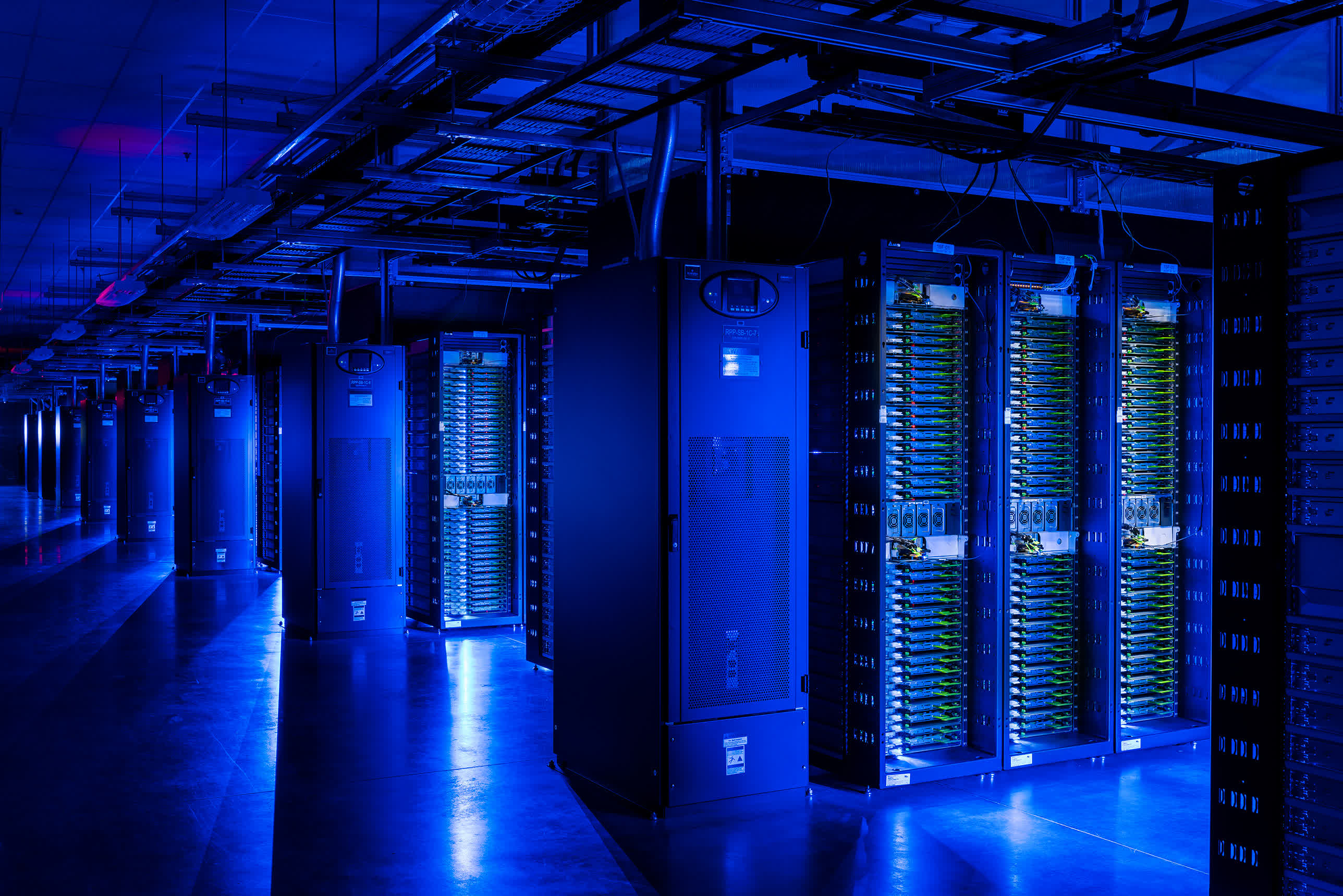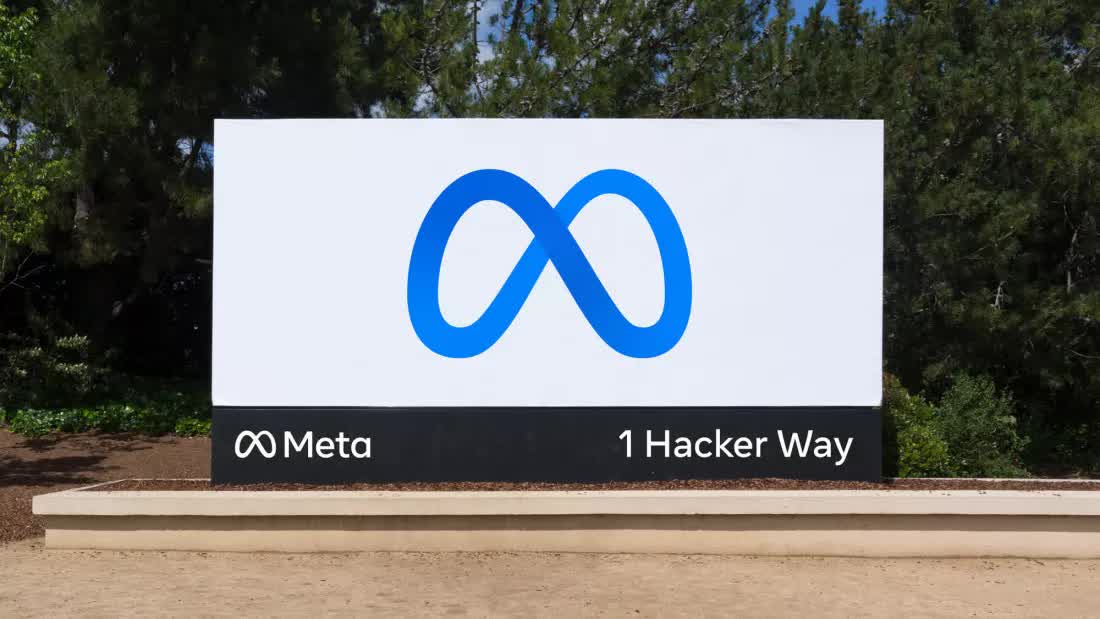Forward-on the lookout: Concrete is without doubt just one of the most regularly used constructing materials in the world. Identified for its toughness and sustainability, the compound can be subject matter to failure thanks to elements such as erosion and disintegration, which instantly has an effect on its over-all power. Researchers from the University of Illinois have teamed up with Meta AI to develop an artificial intelligence to create, refine, and exam new formulas resulting in bigger concrete strengths when concurrently lowering carbon specifications.
The Meta crew labored with Professors Lav Varshney and Nishant Garg from the College of Illinois to carry out the first model’s instruction applying the Concrete Compressive Strength details set. The details set, which features a lot more than 1,000 formulation, their attributes, and corresponding energy knowledge, furnished the foundation for examining the new mixture’s homes according to the Cement Sustainability Initiative’s equipment and criteria.

The team’s investigation resulted in the selection of various opportunity formulation that would bear even further assessment, screening, and refinement right until they surpassed common energy metrics while dropping carbon requirements by up to 40%. This reduction is no modest feat and signifies a substantial decrease in the material’s over-all carbon footprint. The billions of tons of concrete made around the globe can account for up to 8% of the world’s annual worldwide CO2 emissions.
Concrete normally is made up of cement, combination, water, and other agents recognised as admixture. Of the 4, cement usually represents the most carbon-intensive component of the mixture. The capacity to prepare the AI greatly accelerates the capacity to test and review the use of other aggregates and ratios able of attaining the preferred compound attributes while making use of fewer cement.

The enhancements in concrete formulation depict one much more genuine-earth application for synthetic intelligence and equipment finding out platforms, which have presently tested valuable in solving lots of of today’s issues. Previous year, scientists from Harvard and Nvidia teamed up to establish deep learning toolkits to boost the general performance in unusual and solitary-cell experiments. Sony AI’s FlavorGraph, which was developed adhering to Google Cloud AI’s guest appearance on the Great British Bakeoff, uses information at the molecular amount to recognize and map component pairings. As engineering innovations, it really is most likely we are going to see AI contributing to a lot more and more of our every day life and the entire world about us.
Picture credit: Stone pc by anaterate






More Stories
The Best eSIMs for Egypt Travel
New TypeScript operator finds coding mistakes
5 Fast Keyboard Shortcuts – Teacher Tech